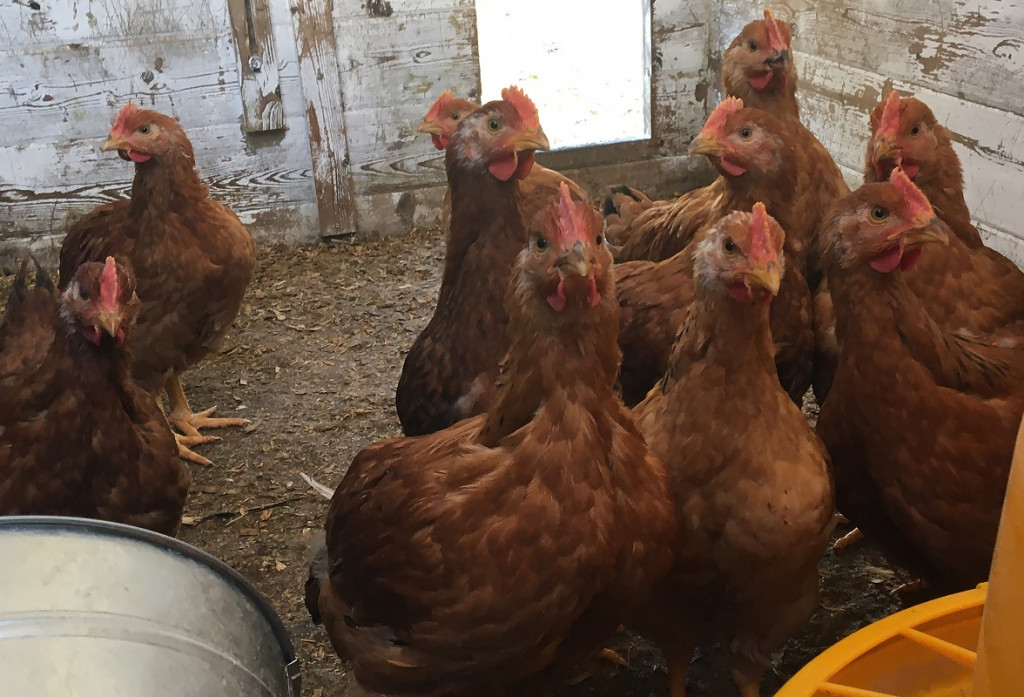Since vitamin B2 is essential to the growth of poultry, the CRA-W has been commissioned by the Walloon Minister in charge of Agriculture to experiment alternative forms of vitamin B2 for use in organic farming.
In collaboration with Gembloux Agro-Bio Tech of ULiège, the CRA-W has experimented with diets intended to meet vitamin B2 requirements of starter, transition and grower stage of broiler organic. Five diets were compared with a reference diet using conventional vitamin B2 currently available on the market. The diets compared contained no conventional vitamin B2. In the case of diet 1, the vitamin B2 was supplied in the form of alfalfa, yeast and milk powder, which are specific raw materials rich in natural vitamin B2. Diet 2 contained a product rich in vitamin B2 extracted from baker's yeast, supplied by a company not involved in the animal nutrition industry. Diet 3 contained a product rich in vitamin B2, also from baker's yeast, supplied by a company specialising in animal nutrition. Diets 4 and 5 contained a premix rich in vitamin B2 supplied by a world leader in animal nutrition. This premix was introduced at a low and high content, respectively.
The alternatives tested achieved a zootechnical performance similar to that of the reference diet, with no observable negative health impacts. In terms of manufacturing, diet 1 was much more expensive (additional cost of 37%). It also raises concerns in relation to the fluctuating price of milk powder and the fact that this ingredient could pose a problem in sectors that prefer 100% vegetable foodstuffs. Diets 2 and 3 presented an additional cost of less than 5% of the manufacturing cost of the reference diet. The additional cost of diets 4 and 5 was not known at the time, but can be estimated at 5% and 20%, respectively.
Thus, alternatives to conventional vitamin B2 have been found. They have a usage cost, but produce similar results to those of conventional vitamin B2. In terms of implementation, however, it remains necessary to obtain authorisation for use in animal feed from the European Authority on the risks associated with the food chain (EFSA), organic certification and then the assurance of availability to cover the entire European market.
Funding: CRA-W funds






